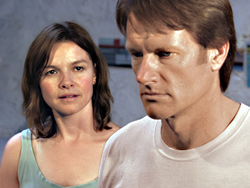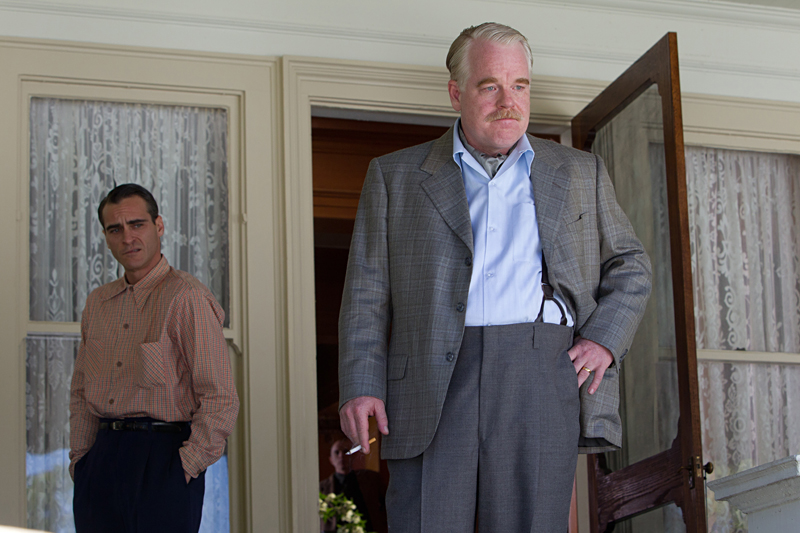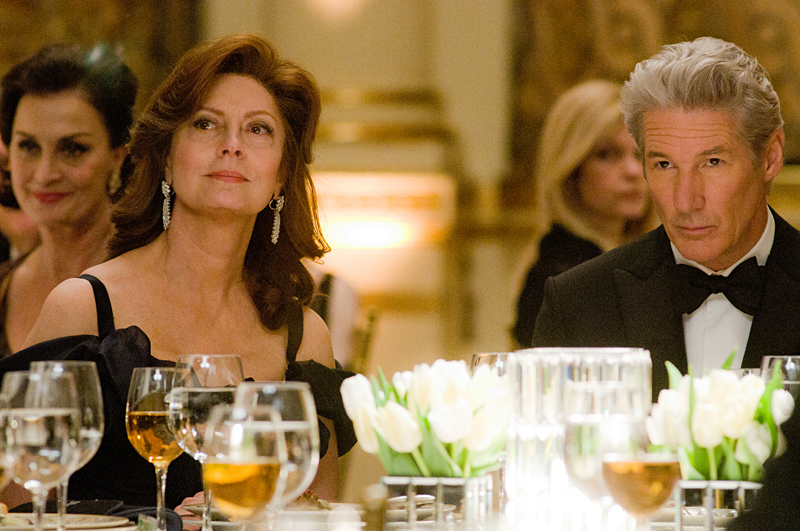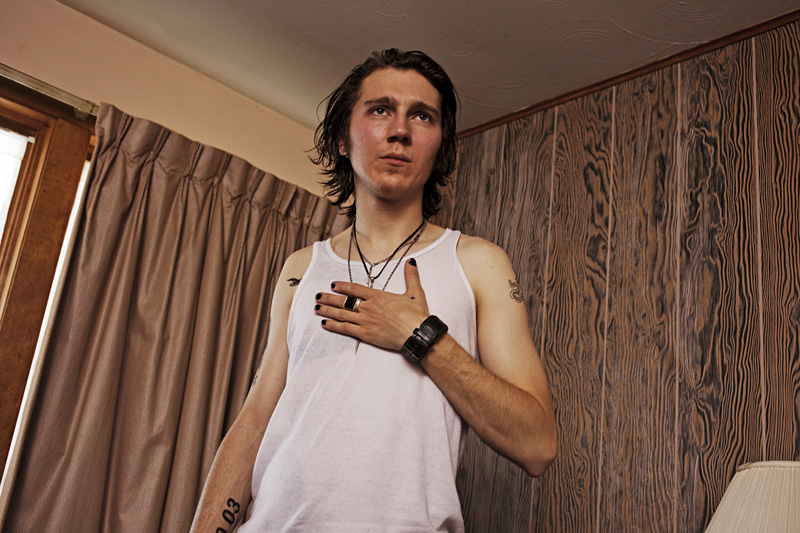An unassuming, unadventurous, but likable dramedy about dying and grief, Sarah Watt’s debut feature has been something of an audience-pleasing award repository, in Australia and abroad. It’s not hard to see why—rename it Death, Actually, and a sense of its fluffy, faux-angsty approach is brought to bear. Watt has carved out a niche for herself as a watercolorist-animator, and the new film is regularly punctuated by mordant painterly imaginings, of both the mortality-obsessed artist-heroine (the refreshingly plain Justine Clarke) and the cancer-haunted photographer hero (William McInnes), detailing demise via sudden earthquakes, derailed trains, car crashes, etc. (A killer-whale fantasy has a fishy wit to it.) More than that, Watt liberally visualizes her characters’ racing consciousnesses with Gatling gun montages, all of them crazily referencing death, dying, death, funerals, and more death (McInnes’ dazed mope gets one that stretches from infanthood to terminal X-ray in a few manic seconds), but their buoyant speed keeps them distanced from genuine pain.
Unfortunately, the quirky drama and knee-pad farce that fill out the film, starting with an offscreen death-by-locomotive that connects everyone, are tepid and unoriginal. Among the many moratoriums you’d wish an international film culture would declare for independent filmmakers, let’s include fugue minidramas set in strangely semideserted cities where the same seven people keep bumping, literally, into each other, and rom-com clichés like the frumpy single woman who talks too much, and cutely, to herself. Most of all, Watt should’ve won the Aussie award for Most Frequent and Obnoxiously Lengthy Song Interludes, without which her film might’ve clocked in at 25 minutes or less. But it’s not without its frisson: McInnes has a frightfully distressed stare, and given his chiseled everydude’s particular diagnosis, Ways is one movie that makes you gallingly hyperaware of your own testicles—or whatever you’ve got that’s vulnerable to toxicity, bad eating, smoke, and sun. Watt’s montages are crammed with growing cancer cells; disease veterans or likely prospects should know they’re risking a degree of queasiness for a few heartwarming homilies.








